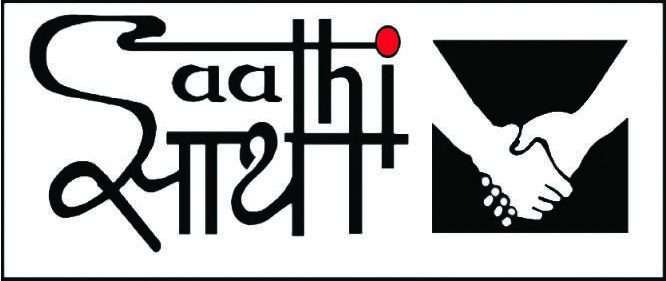An effort in demystifying gender biased norms and cultural practices thought the tweaking of traditional tales.
Apparently, Teej, popularly considered as women’s festival, is about feasting, fasting, singing, dancing of the women clad in red saris and embellished with glittering ornaments. The festival also has religious significant as well. Hindu married women fast and offer prayer Lord Shiva wishing longevity and prosperity of their husbands. It is also believed that unmarried girls fasting and praying during Teej would ensure their happy married life.
Nevertheless, cultural critics are still critical on Teej itself being the gender biased practice designed to inculcate women the power of masculinity and help normalize the female subservience. Besides, many other people believe that the festivity has much more to tell about liberation of women and their empowerment.
Nepali women have long been using it as a platform to outpour their emotion of their suppressed state, raise voice for subversion of identity as well as for reveling and recreating themselves. It is not only for women, men are inalienably attached with this festival for it is believed to promote mutual bond among husband and wife.
With the belief that Teej customs has much more to tell about awareness, advocacy and empowerment related to women, Saathi started organizing Teej Talks on the occasion of this festival since 2016. This year Teej Talks is 3rd edition of the event. The objective of the event is to use the occasion of TEEJ – to promote Tales of Equality Empowerment and Joy (TEEJ) and demystify gender based traditional harmful cultural and religious practices prevalent in society and reflected in personal or collective behaviors. The event aimed to promote the gender transformative and Men Engage approaches for the effective outcome of women empowerment.
In the program, four diverse speakers— Youth entrepreneur Amun Thapa, activist and journalist Babita Basnet, Media personality Dil Bhushan Pathak and actress Rekha Thapa — shared their personal stories of joyful transformation with special focus on gender based social norms and cultural practices aiming at inspiring and motivating the audience to question the practice of blindly practicing harmful cultural practices that discriminate against women and girls and to initiate changes that will help to promote social equality and empowerment.
More than 350 people from different walks of life participated and benefitted from the enriching experience shared by the speakers.
Youth entrepreneur Amun Thapa encourages the participants to question on the normalized behaviors at home and society through the gender lens. He highlighted the need of behavioral change for the gender equality.
Similarly, right activist and media person Babita Basnet underscored the need of exploring the positive aspect in the historical context the cultural practices came into effect. She asked all to celebrate Teej festival as a platform for freedom of speech for the Nepali women silenced by domineering patriarchy.
Television personality Dil Bhushan Pathak summoned the participants to start defying the gender biased harmful traditional practices from their home itself as the first step to change society. Pathak also encouraged the participants to break the culture of silence regarding the gender based violence.
Actress Rekha Thapa underlined the need of taking this movement to the grassroots level providing the rural girls and women with more opportunities, good education and frequent sensitization among others interventions to uplift their level of awareness, knowledge and thought.
Senior Cardiologist, Dr Bhagawan Koirala, sensitized the participant on healthy life sharing tips on how to keep one’s heart safe. He also showed connection between violence against women and cardio vascular diseases. He was of the opinion that women faces higher risk of heart disease due to the depravation, poverty, work pressure and depression among other social barriers they have to face.
The program was facilitated by the UN CEDAW Committee member Bandana Rana. Speaking in the program she said that festival per se is not good or bad. However, she stressed in doing away with the harmful aspects of the festivity and demystifying the gender biased behaviors attached to any festival or cultural practices. Stating the fact that most of the women die without realizing their potential, she wished that this situation would come to an end.
